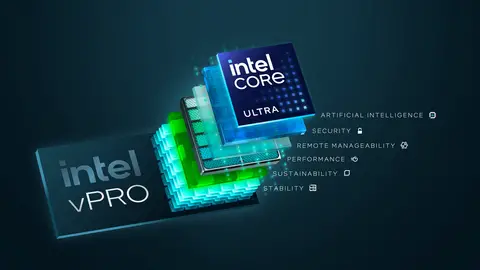
Recently, in the latest announcement, Intel stated that it had conducted extensive internal investigations and analyses on returned 13th/14th generation Core desktop processors, determining that excessively high operating voltages, caused by a microcode algorithm sending incorrect voltage requests to the processor, led to instability. Intel plans to provide a microcode patch to resolve the issues caused by excessive voltage, with a full validation expected to be completed and released to partners by mid-August.
Intel’s statement has not calmed the situation, as the instability issues with the 13th/14th generation Core desktop processors continue to escalate. Until motherboard manufacturers provide a new BIOS update, users whose processors are damaged due to this error will likely have to accept the unfortunate outcome, as the damage is irreversible and cannot be fixed through microcode updates. Recently, The Verge inquired Intel about the handling of damaged processors and received a more precise and clear official response, summarized as follows:
“Intel Core 13th and 14th Generation desktop processors with 65W or higher base power – including K/KF/KS and 65W non-K variants – could be affected by the elevated voltages issue. However, this does not mean that all processors listed are (or will be) impacted by the elevated voltages issue.
Intel continues validation to ensure that scenarios of instability reported to Intel regarding its Core 13th and 14th Gen desktop processors are addressed.
For customers who are or have been experiencing instability symptoms on their 13th and/or 14th Gen desktop processors, Intel continues advising them to reach out to Intel Customer Support for further assistance. Additionally, if customers have experienced these instability symptoms on their 13th and/or 14th Gen desktop processors but had RMA [return merchandise authorization] requests rejected we ask that they reach out to Intel Customer Support for further assistance and remediation.”
Previously, Intel had denied that similar issues occurred with the 13th/14th generation Core mobile processors but now indicates that it will continue investigations to prevent similar problems.


